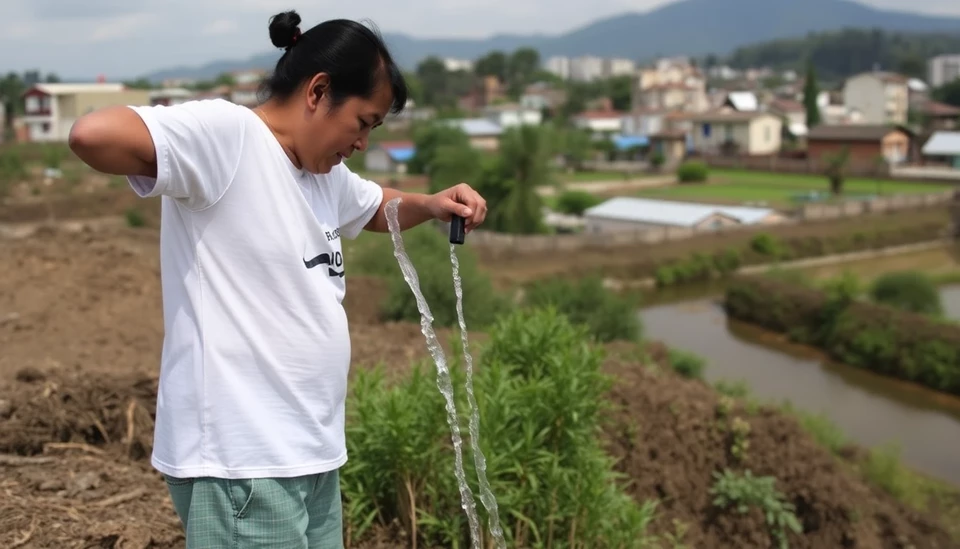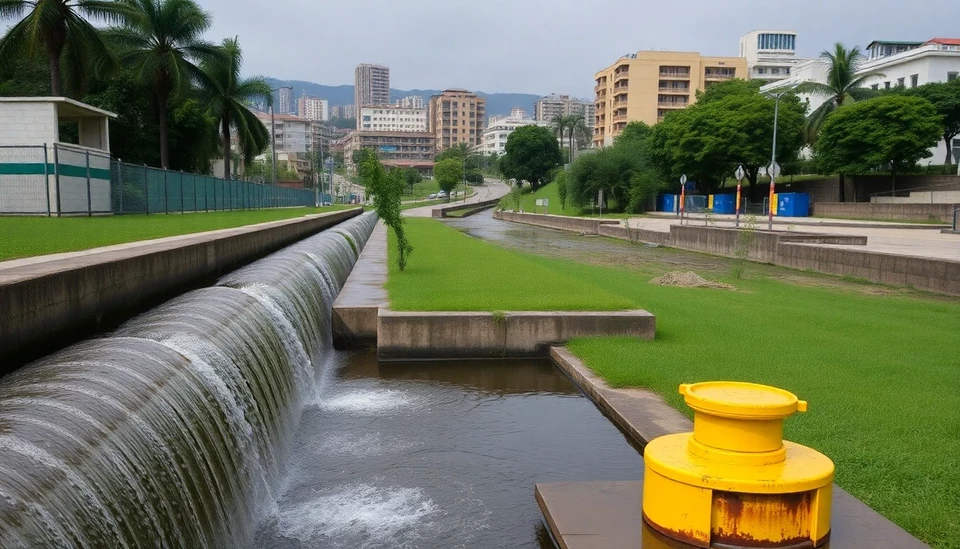
In a significant relief for its millions of residents, Bogotá, the capital of Colombia, has officially lifted its year-long water rationing measures that were imposed due to a severe drought. The Colombian capital has faced substantial challenges in accessing potable water, resulting in a crisis that impacted daily life across the city.
The decision to end the restrictions was announced by local authorities who indicated that a combination of improved rainfall, along with measures taken to enhance water distribution systems, had contributed to the favorable shift in the city's water situation. This announcement brings a sense of normalcy back to a city that had adapted to stringent water use regulations that saw residents only able to access limited amounts of water on a daily basis.
Over the past year, Bogotá has grappled with diminishing water supplies, forcing the local government to implement rationing measures to conserve the precious resource. The situation was exacerbated by climate anomalies, which led to prolonged dry spells and significantly lowered water levels in the reservoirs that serve the city.
During the rationing period, residents were encouraged to conserve water in various ways, including cutting back on non-essential activities such as vehicle washing and outdoor watering. The local government also worked to improve the water infrastructure, investing in pipelines and reservoirs aimed at creating a more resilient system to withstand future climatic challenges.
The lifting of water restrictions signifies not only an improvement in weather conditions but also highlights the successful efforts made by the Bogotá administration in managing the crisis and securing water supplies for its citizens. The mayor of Bogotá, Claudia López, expressed her optimism about the future, citing the essential role that community cooperation played during the water shortage and stressing the importance of sustainability in managing natural resources moving forward.
While the rationing measures have been lifted, authorities are maintaining a cautious outlook and are committed to ensuring that the city’s water management policies adapt to ongoing climate changes. They plan to emphasize public awareness and education on water conservation to prevent another crisis in the future.
This development is a hopeful note amid broader global discussions on water scarcity and resource management, showcasing how urban environments can respond to environmental challenges with strategic planning and community involvement. As Bogotá transitions back to normal water use practices, residents can expect to see improvements in their quality of life along with initiatives aimed at fostering sustainable water use.
As the city recovers from this significant hurdle, the hope is that these changes will lead to improved resilience against potential future water crises.
#Bogotá #WaterCrisis #Colombia #WaterManagement #EnvironmentalChallenges #Sustainability
Author: Sophie Bennett
